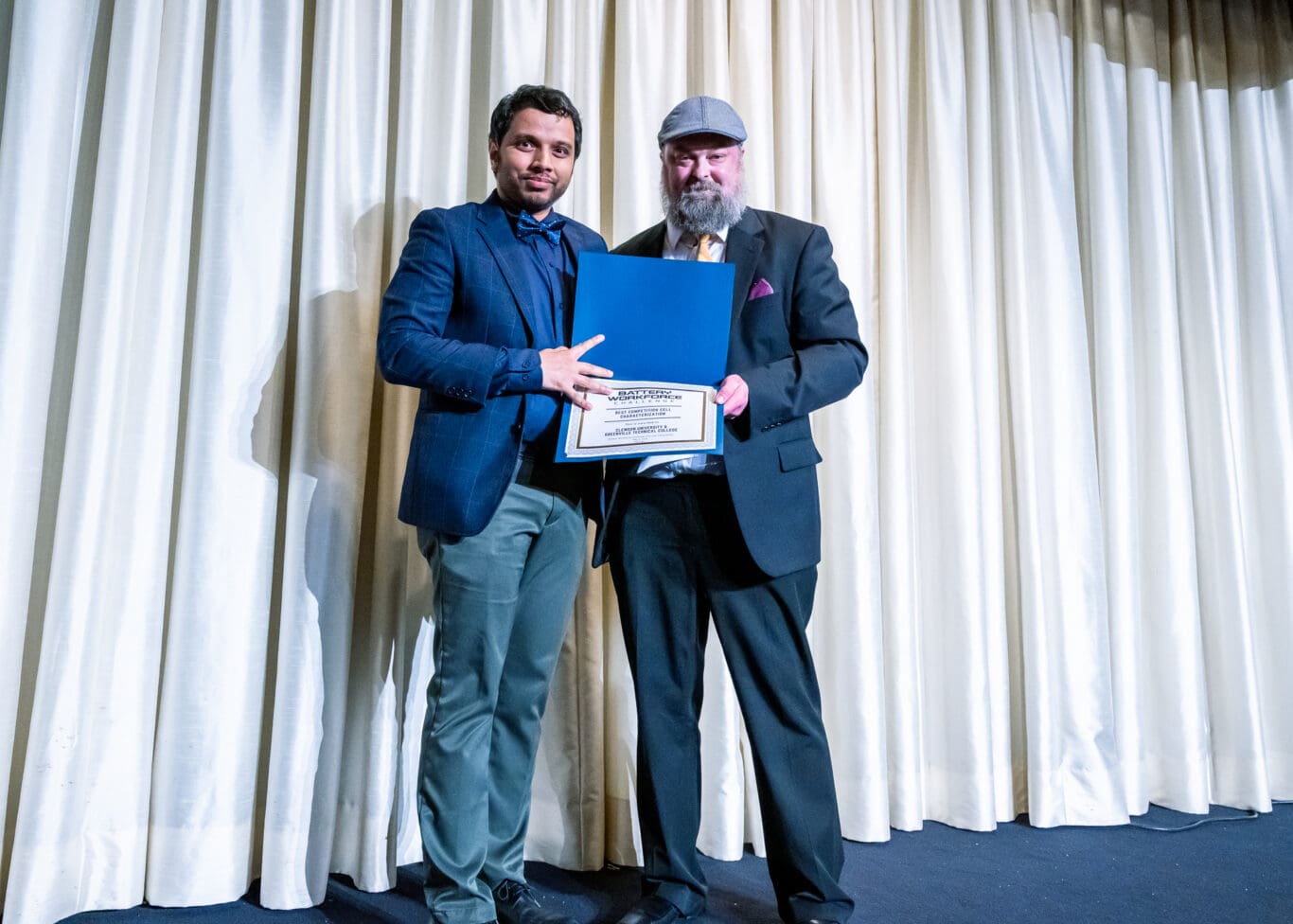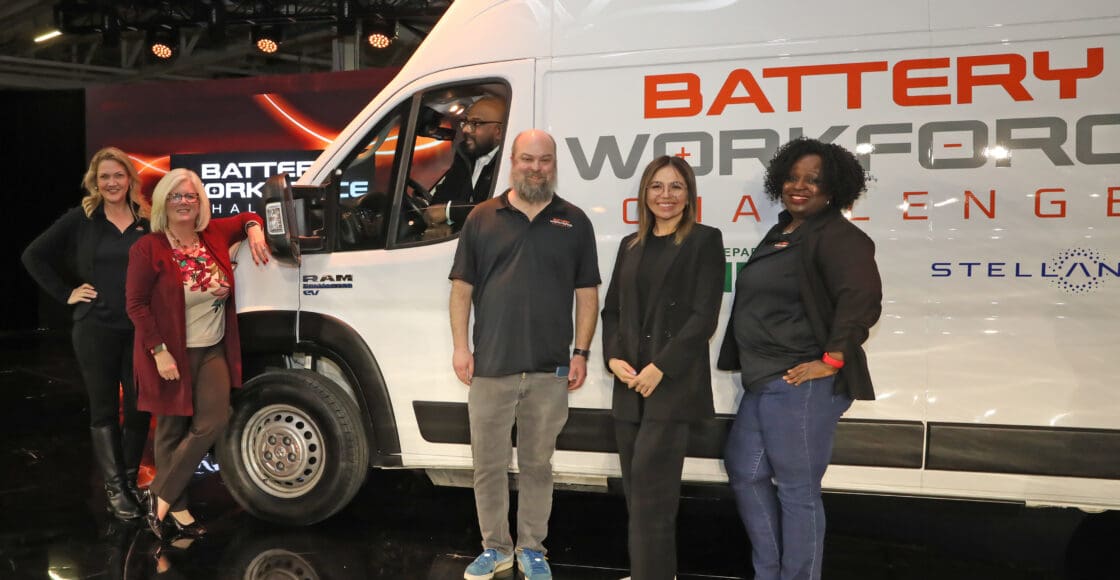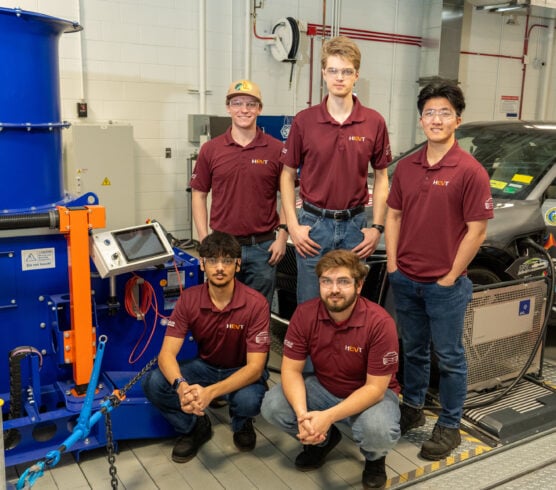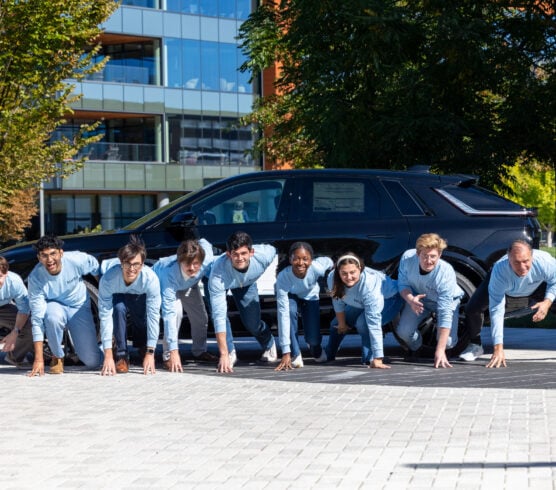By Em Jankauski
A sign of a great leader is one who gives back to their community. That’s exactly what David Robertson, a principal battery engineer in Argonne National Laboratory’s Sustainable Transportation Education & Partnerships department and a Battery Workforce Challenge organizer, aims to do as an adjunct professor of a new Interprofessional Projects Program, or IPRO, course. The course will complement STEP’s extensive portfolio supporting workforce development in energy storage, sustainable transportation and clean energy.
Robertson’s course, titled Sustainable Future: Innovations in Battery Recycling, isn’t exactly a traditional undergrad class. It will focus on developing a business model for a battery recycling plant or organization that would look at battery recycling from all different angles — from capturing batteries at their end-of-life, to storing them and facilitating their safe movement to a recycling facility, to bringing them down to their basic, elemental level; to building new batteries or other items with the recycled materials.
Another big aspect of the 400-level, capstone course is geared towards the virtual, modeling-end of the house. Robertson aims to leverage Argonne’s BatPaC, a battery-performance and cost module, that will provide the students the ability to essentially build a virtual factory.
“It’ll help them understand the cost and materials involved (in the recycling process),” Robertson said. “It gives the students an opportunity to understand what cost-recovery options there are, and depending on how they design their battery pack, how much labor has to be involved in breaking it back down to its bare components.”
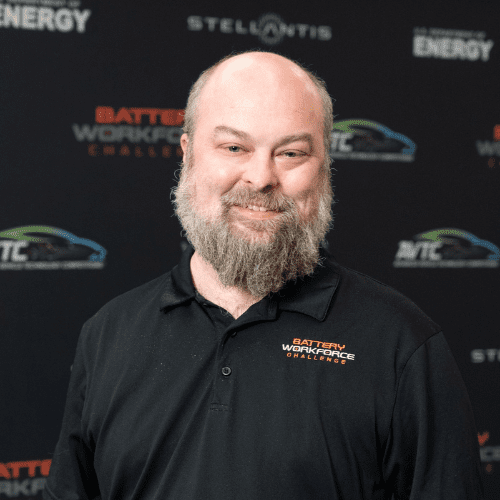
With 18 students currently enrolled, Robertson’s hoping he has a good mix of majors in the course so that students of all backgrounds can benefit, too. If there are business students, for example, they could look at generating a business case of how to create a profitable recycling facility and even potentially looking at what types of areas of support could be explored if these students were to go through and develop their own factory.
“I’m trying to find a lot of different angles so I can tie into the students’ capabilities and interests,” Robertson said. “It’s not your traditional course where you’re taught A, B and C and then you need to prove that you understand A, B and C. This is more teaching A, B and C and showing that they can use that knowledge to come up with ideas that could be proposed for future research that are not common in the field.”
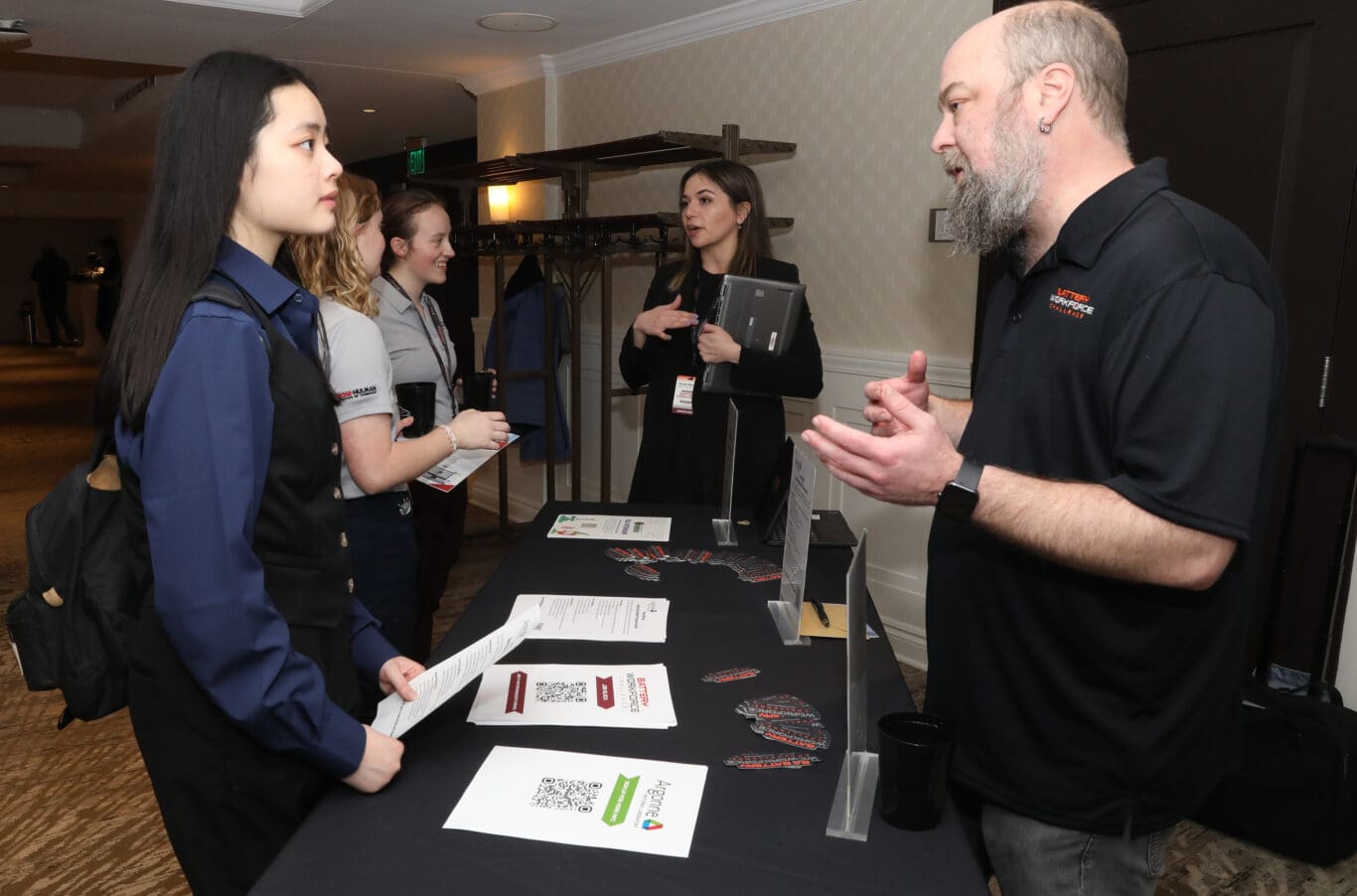
This is truly a full-circle moment for Robertson, an Illinois Tech alumnus with undergrad (’04) and grad (’14) degrees in electrical engineering. His career in batteries all began as a student in Illinois Tech’s IPRO program researching electric bike batteries.
While admittedly a little “nervous” to go back and teach at his alma mater, more than anything, Robertson’s hopeful he can give back to his roots.
“As long as the students get a good learning experience out of it, and hopefully some get passionate about this, then I’ll feel successful,” Robertson said. “(Illinois Tech) gave me the foot in the door to being a battery engineer, and it’s been about 20 years now, so I credit this program for helping me get where I am today. I’m pretty excited to potentially develop opportunities like that for the next generation.”
Robertson’s efforts should pay out dividends, impacting not only Illinois Tech students, but also BattChallengers as well. He’s working with Argonne colleagues to build models for the course, and he’s confident he’ll reuse some of the material for the BattChallenge, including baseline training on lithium-ion batteries, the latest trends in these materials, and how batteries can continuously be reused rather than disposed of when reaching their end-of-life stage.
“I think it’s a mutually beneficial interaction between the competition and the course that I’ll be leading,” Robertson said.
More than anything, Robertson hopes his efforts will invoke a passion in recycling battery materials — not only for Illinois Tech undergrads and BattChallengers, but truly the next generation of the battery workforce.
“I obviously hope that they gain an appreciation that materials can be designed in a way that they can have a continuous reusage ability and an understanding that throwing things in landfills doesn’t solve anything,” Robertson said. “It’s just pushing the can down the road of a problem that we’re eventually going to have to deal with.”
Robertson’s hopeful we, as a society, will get there. He shared that we’ve already proven we can get there with lead-acid batteries, recycling 95 percent of those materials.
“We’re finally reaching that point where it can be profitable potentially to recycle those batteries, and that’s really the future I hope the students will work towards — where we have the ability to minimize the waste that we produce and maximize the energy that we generate,” Roberston said.
